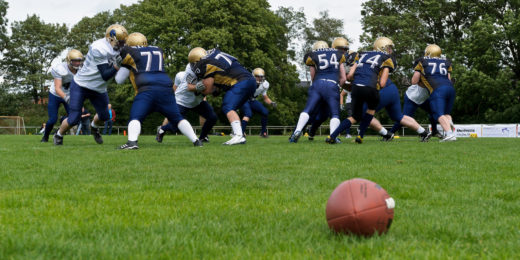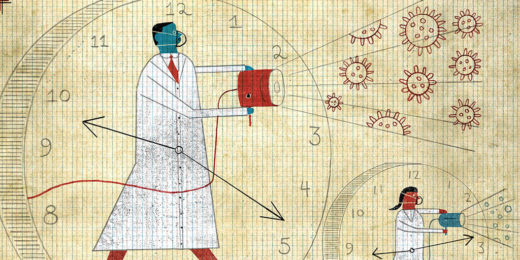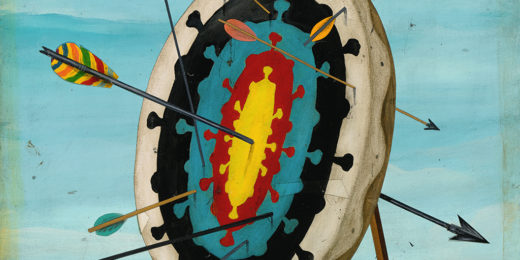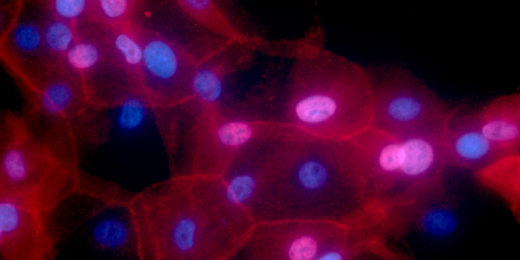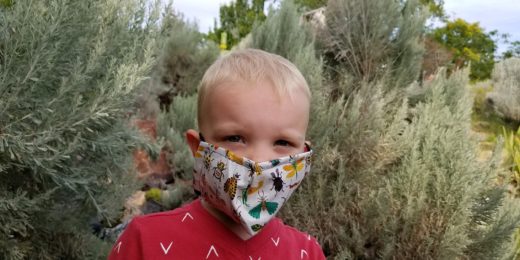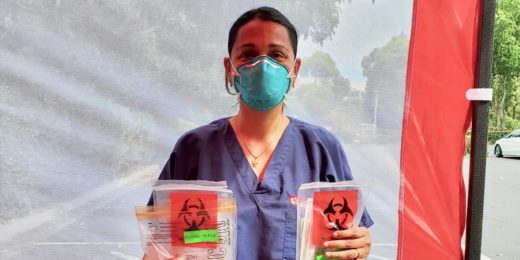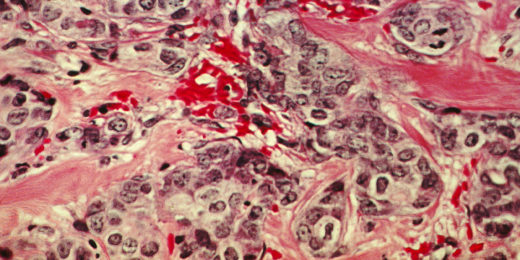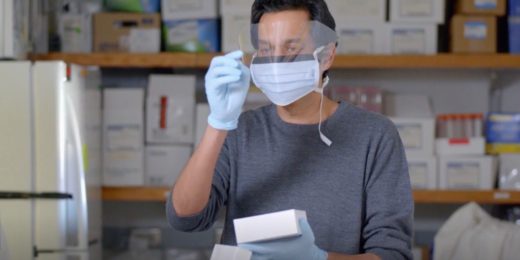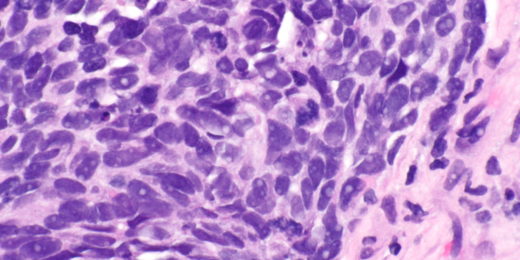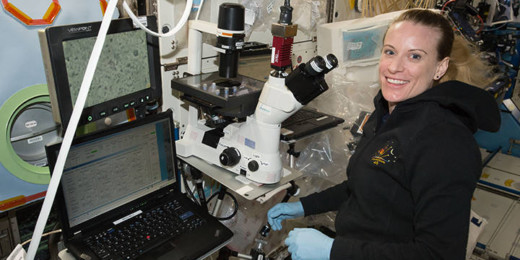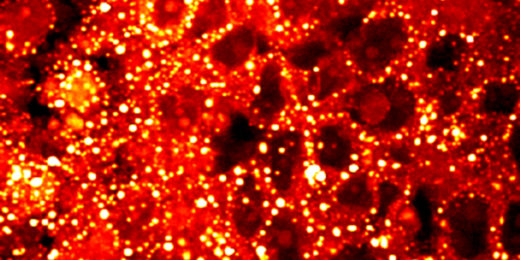Stanford scientists have found two genes associated with concussion. Screening football players and military might identify those at higher risk.
Author: Krista Conger
How Stanford became a hub for COVID-19 testing
Stanford Medicine’s early development of testing for COVID-19 infection and antibodies helped guide government responses and stem local spread of the virus.
‘This was a marathon:’ Stanford Medicine tackles a pandemic
How Stanford Medicine ramped up in the spring of 2020 to cope with a coming global pandemic and learned how to brace for the next wave of COVID-19 patients.
Post-surgical abdominal adhesions: A potential cause and possible treatment
Abdominal adhesions frequently occur after abdominal surgery. Stanford researchers prevented their formation in mice by blocking a molecular pathway.
An ancient virus might have made our hearts bigger
A Stanford-led study finds that remnants of an ancient viral infection may be the reason humans and other primates evolved to have larger hearts and bodies.
Cell ‘GPS’ provides real-time look at a single cell’s journey through the body
Stanford scientists have devised a way to use positron emission tomography to watch the movement of a single cell injected into a lab mouse in real time.
How to get young kids to wear a mask during the COVID-19 pandemic
Stanford experts provide tips for helping young children learn to wear a cloth mask to help prevent the spread of COVID-19.
Will self-sampling transform COVID-19 testing?
Sampling one's own lower nasal passages for COVID-19 virus is as efficient as swabs that sample deep in the nasal cavity, Stanford study finds.
New evidence suggests early metastasis is common in lung and breast cancers
In breast and lung cancer patients with metastatic disease, seeds of metastasis were often planted before the primary tumor was diagnosed, a study finds.
Stanford biochemist works with gamers to develop COVID-19 vaccine
A NOVA special featured Rhiju Das and the OpenVaccine project, in which gamers help scientists find an RNA molecule configuration for a COVID-19 vaccine.
Analyzing patients’ tumors, from the inside out
The experts on Stanford Medicine's molecular tumor board brainstorm new ways to attack individual patients' tumors at the genetic level.
One in five people with COVID-19 are also co-infected with other viruses or bacteria
Co-infection with SARS-CoV-2 and other respiratory pathogens is more common than previously expected, according to a Stanford study.
Can a blood test pinpoint lung cancers in high-risk people?
Stanford researchers are working on a test to identify early-stage lung cancer by detecting tumor-specific mutations in bits of DNA in the bloodstream.
The final frontier? Studying stem cells on the International Space Station
Stanford researchers study stem-cell-derived human heart muscle cells on the International Space Station to learn effects of microgravity.
RNA, in a circle, without a label, can rev immune system, new research suggests
Mammalian cells use a label to distinguish self from non-self circular RNA molecules. Foreign molecules can trigger anti-cancer immune responses.
“Addicted to fat” — cancer cells need a steady supply to grow
The Myc oncogene helps cancer cells stockpile the fat, or lipids, necessary for rapid growth. Blocking this activity causes human tumors in mice to shrink.


